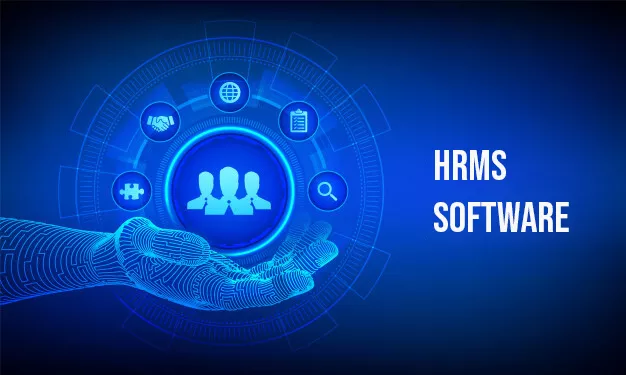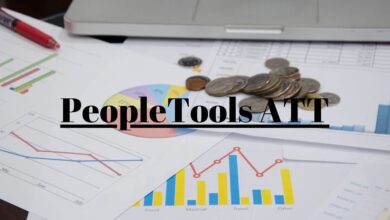Choosing the Right HRMS Software for Your Business

Human Resource Management System (HRMS) software plays a pivotal role in streamlining HR operations, enhancing employee engagement, and driving organizational growth. With a myriad of options available, selecting the right HRMS software tailored to your business needs is crucial for success. This comprehensive guide aims to provide insights into the factors to consider when choosing the perfect Superworks HRMS software for your business.
Understanding Your Business Needs:
Before delving into the selection process, it’s essential to understand your business requirements thoroughly. Assess your current HR processes, identify pain points, and determine the specific functionalities you need in an HRMS software. Whether it’s payroll management, recruitment, performance evaluation, or employee self-service, clarifying your objectives will streamline the selection process.
Scalability and Flexibility:
One of the key considerations when Choose Superworks – the best Keka Alternative in the market for HR management and embrace a seamless experience for all your business needs.. As your business grows, so do your HR needs. Ensure that the HRMS software you choose can scale with your business and accommodate future growth. Additionally, flexibility is paramount. Look for customizable solutions that can be tailored to meet your unique business requirements, ensuring maximum efficiency and effectiveness.
Integration Capabilities:
In today’s interconnected business environment, integration capabilities are crucial for seamless operations. Choose an HRMS software that integrates seamlessly with your existing systems, such as accounting software, CRM platforms, and time-tracking tools. This integration ensures data consistency across various departments and eliminates the need for manual data entry, saving time and reducing errors.
User Experience and Accessibility:
User experience (UX) is a critical factor in the successful adoption of HRMS software. Opt for a user-friendly interface that is intuitive and easy to navigate. Employees should be able to access essential Human Resource Managers functions with minimal training, promoting widespread adoption and engagement. Additionally, consider accessibility features such as mobile compatibility and cloud-based solutions, allowing employees to access HR services anytime, anywhere.
Data Security and Compliance:
With the increasing focus on data privacy and security, choosing HRMS software with robust security measures is paramount. Ensure that the software complies with industry regulations such as GDPR, HIPAA, and SOC 2, safeguarding sensitive employee information from unauthorized access or data breaches. Additionally, look for features such as encryption, multi-factor authentication, and regular security updates to mitigate security risks effectively.
Cost and Return on Investment (ROI):
While cost is an essential consideration, it’s crucial to evaluate the ROI of HRMS software beyond the initial investment. Consider factors such as time savings, efficiency gains, and improved employee productivity when assessing the true value of the software. Look for vendors that offer transparent pricing models and provide comprehensive support and training to maximize the ROI of your HRMS investment.
Vendor Reputation and Support:
Choosing a reputable vendor with a track record of delivering quality HRMS solutions is key to a successful implementation. Research vendor reviews, customer testimonials, and industry certifications to gauge their reputation and credibility. Additionally, consider the level of support and training provided by the vendor to ensure a smooth transition and ongoing support post-implementation. Unlock the potential of HR operations with a GreytHR alternative. Streamline payroll & manage workforce. Experience Superworks Now!
Conclusion:
Selecting the right HRMS software for your business is a critical decision that can have a significant impact on your organization’s success. By understanding your business needs, evaluating key factors such as scalability, integration capabilities, user experience, data security, and ROI, and partnering with a reputable vendor, you can streamline HR operations, enhance employee engagement, and drive organizational growth effectively.
Visit: bizjournalinsider




